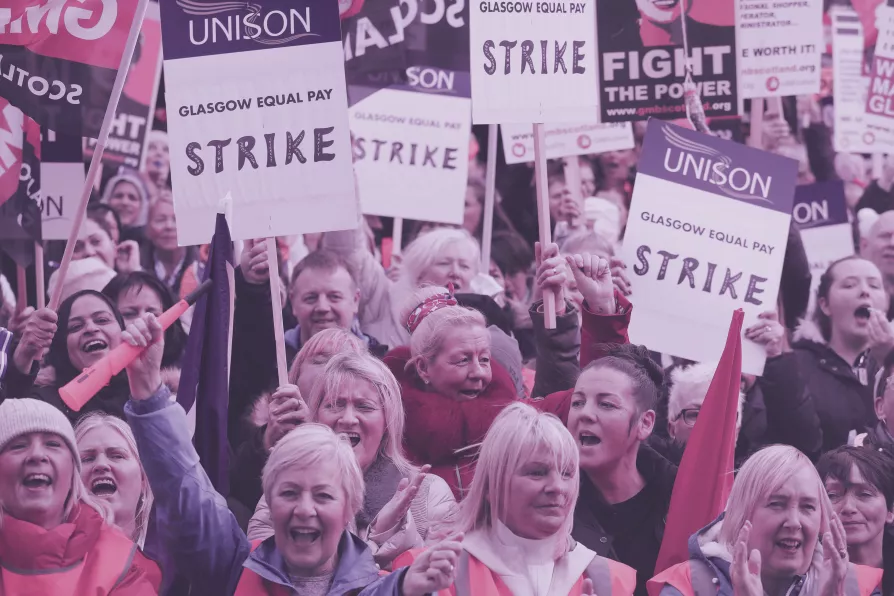LUKE FLETCHER outlines Plaid Cymru bold plans for wide-ranging policy consultations with trade unions in Wales


MORNING STAR readers are acutely aware of the ways in which capitalism is sustained by the oppression of women. Women’s oppression has intensified in recent years.
We have witnessed a wholesale erosion of women’s rights as the US and Nato-backed genocide in Gaza tears apart the lives and bodies of Palestinian women and children. The National Police Chiefs Council has declared the levels of male violence towards women and girls a “national emergency,” and the reversal of Roe v Wade has seen reproductive rights heavily restricted in some parts of the US.
Furthermore, the Covid-19 Inquiry shows the disproportionate impact that the virus and lockdown measures had on Scotland’s lowest-paid workers, who STUC general secretary Roz Foyer says were “killed by their class.”

Working-class women lead the fight for fair work and equitable pay and against sexual harassment, the rise of the far right and years of failed austerity policies, writes ROZ FOYER

Tackling poverty in Scotland cannot happen without properly funded public services. Unison is leading the debate












